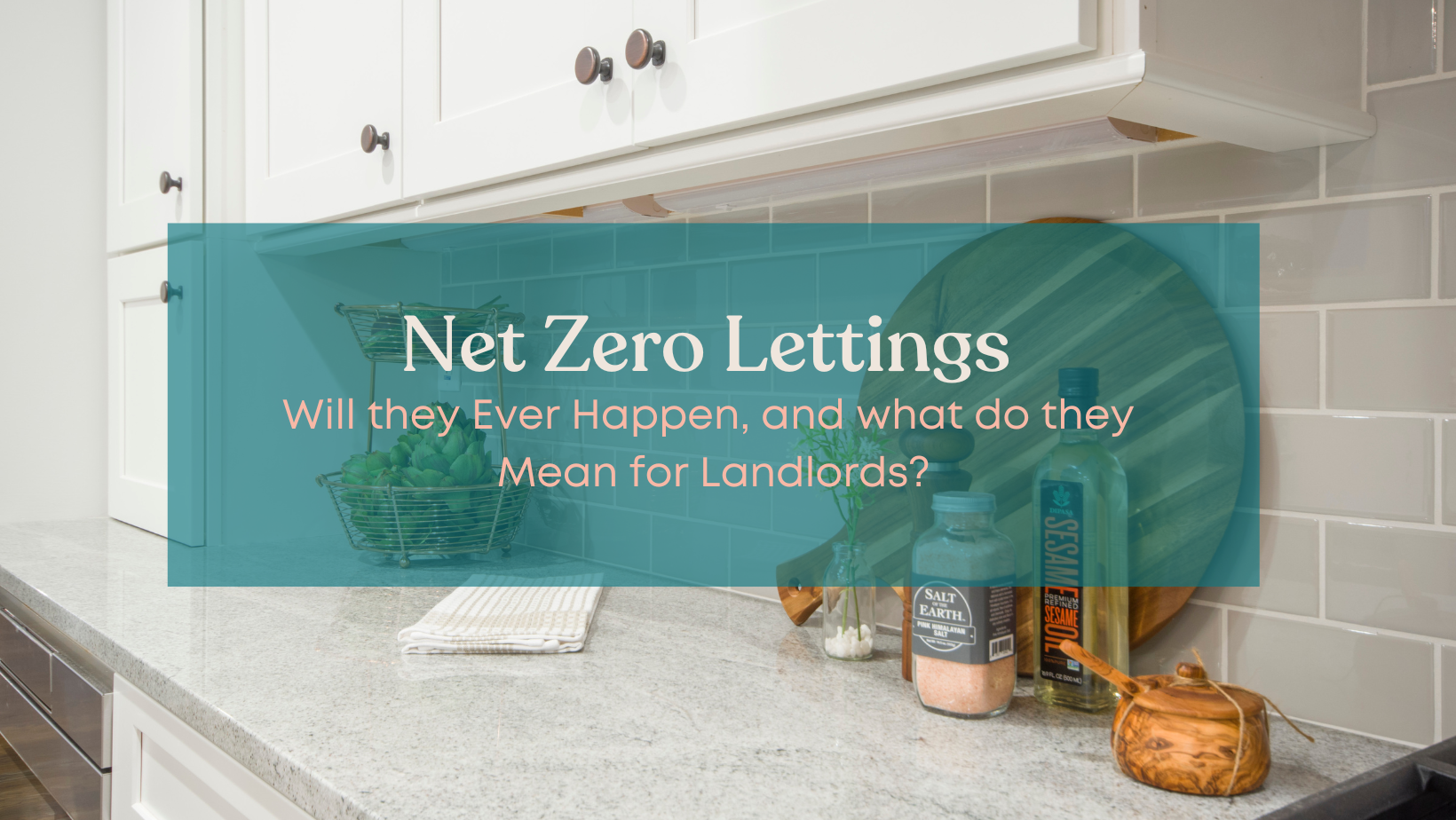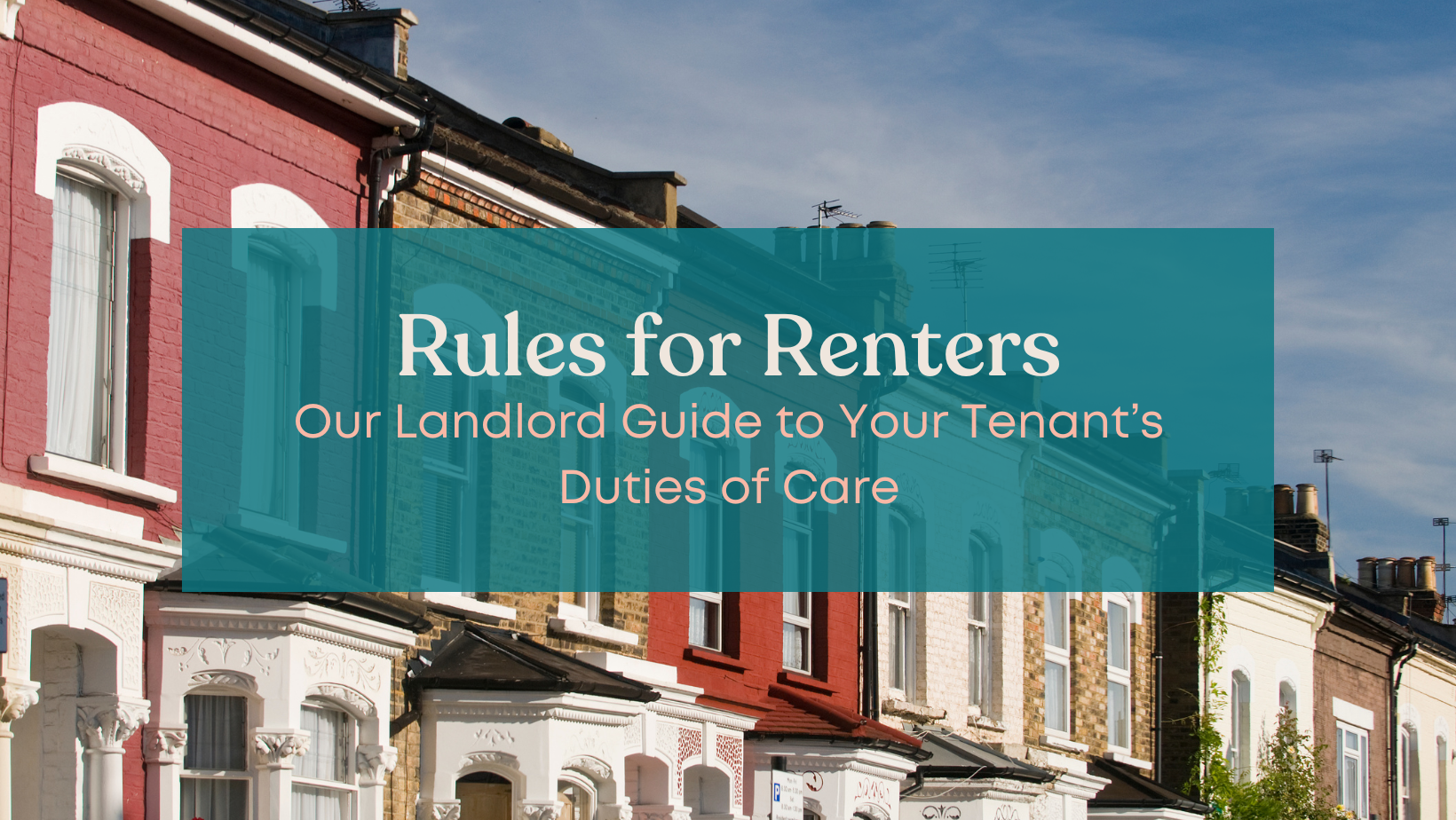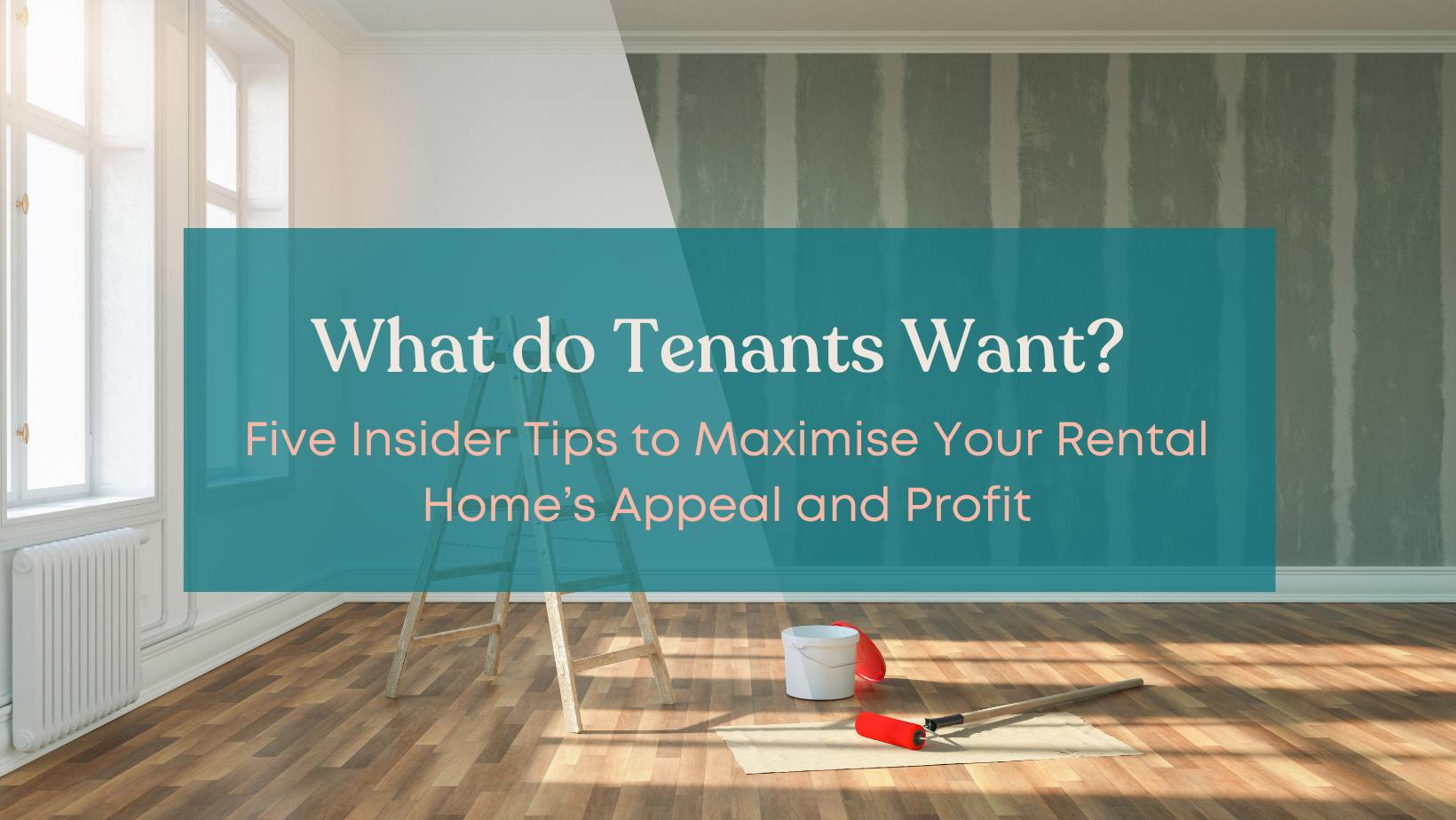Cast your mind back to 2022, and you might remember a loud fanfare over levelling up the UK’s rental homes as part of the Government's target to reach net zero by 2050.
Back then, the rhetoric was that all tenancies created from the end of 2025 would need to meet higher energy-efficiency standards, with any existing tenancies given until 2028 to catch up.
Following the announcement, some landlords sold up to avoid the cost of improvements, shrivelling the already-short supply of homes. Rents rocketed, giving the investors who stayed huge uplifts in income.
Then the new proposals were scrapped, perhaps with an eye on a looming general election, but the net zero target for 2025 remained, leaving existing and would-be landlords with questions like:
- Is levelling up rental homes gone for good?
- Should you still make improvements, or wait for the law?
- Can you make upgrades while your property is tenanted?
- Will greater energy efficiency get you a higher rent?
- Is it still worth being a landlord?
So, in this week’s blog, we’re reviewing the original proposals, exploring where we're at now, and examining what's best for you and your investment.
IS LEVELLING UP RENTAL HOMES GONE FOR GOOD?
The UK holds the dubious honour of having Europe’s oldest housing stock, and the Levelling Up agenda aims to rectify that with homes that are warm, comfortable and efficient.
There were different approaches north and south of the border, so here's a recap.
- In England and Wales, the proposal was to raise the minimum rating of Energy Performance Certificates to Band C from the current E, with fines up to £30,000 for non-compliance.
- In Scotland, a consultation period ended in March 2024 on “improving” EPC ratings via a Heat in Buildings bill. Things will now move to an independent analysis.
- In September 2023, the requirement to raise EPCs to Band C was scrapped, with landlords being encouraged instead to upgrade “where possible”, like using the boiler upgrade scheme.
Does that mean the story’s over? That’s the sixty-four-thousand-dollar question! However, given that the net zero target for 2025 remains, the direction of travel is clear.
So, it’s still possible that some softer, more pragmatic, and easier-to-deliver legislation may eventually emerge. And when it does, you can read all about it right here.
SHOULD YOU STILL MAKE IMPROVEMENTS, OR WAIT FOR THE LAW?
Given that new legislation is off the cards for now, deciding whether and when to improve your property’s energy performance depends on your specific situation.
Assuming that you're going to keep your rental home for the long term, the questions to ask are:
- Do you have sufficient money coming in with enough left over to make changes without falling into financial difficulty?
- How much extra rent could you get with major insulation and energy improvements, either from your existing tenant or by serving notice, making the upgrades, and then reletting?
- If you don't have enough cash reserves right now to pay for improvements, are you comfortable increasing your mortgage to cover the cost, and is it worth it?
The good news is that you now have more time to improve your property’s energy efficiency, which means you can spread the work and cost over a longer period to reduce the financial impact.
WILL GREATER ENERGY EFFICIENCY GET YOU A HIGHER RENT?
Every tenant wants a warm and comfortable home without exorbitant bills, but will they pay more rent for those advantages? Yes, they will, and they already do for several reasons, including:
- A cold and leaky home that’s expensive to run will never get the highest possible rent, but it will encourage a higher turnover of tenants as they’ll always be on the lookout for more comfort.
- Even before the war in Ukraine, energy price shocks showed just how volatile costs can be and how they can change in a heartbeat, making everyone far more conscious of their consumption.
- While we're powerless to influence the price of oil and gas, we can take measures at home and make decisions about where we live to need less energy and have more control over our bills.
Given that more tenants than ever are considering energy efficiency when choosing a home, we can say with certainty that when a property falls behind the times, so does its rental value.
CAN YOU MAKE UPGRADES WHILE YOUR PROPERTY IS TENANTED?
One of the concerns for landlords around upgrading the energy efficiency of their rental homes is the spectre of lost income from needing their property to be empty to carry out the work.
Fortunately, that doesn't necessarily need to be the case, so it’s worth exploring the following before dismissing the idea.
- Your Energy Performance Certificate will include suggestions for upgrades you can make to improve your rating, so that’s your first port of call.
- Improvements around draught exclusion, insulation to lofts, floors and cavity walls, and installing water restrictors and heating thermostats can all be done with minimal disruption.
- For more substantial work, like replacing windows or adding insulation to internal walls, you might be able to schedule it around your tenant's holiday.
So there’s lots you can do, and keeping your tenant in place will not only protect your income, but also save you the costs of finding a new one, including referencing, inventories, and safety checks.
IS IT STILL WORTH BEING A LANDLORD?
There's no denying that improving the energy performance on your rental property will cost money, but does that mean you should give up being a landlord? Let's have a look.
- Knight Frank’s study of 30,000 improved EPCs showed that the average cost of £9,260 to go from Band E to C was rewarded with a green premium, adding 8.8% (£29,289) to a property’s value.
- Selling a rental home attracts capital gains tax, which could be significant if you’ve owned your property for a long time and are in a higher-rate tax band (in fact, it may push you into one).
- If you chose to sell your existing rental and buy one with a higher EPC rating, you’d have to pay the second home stamp duty supplement alongside the standard rate.
So, even if you’re not keen on the idea of the expense, it could mean you’ll be financially better off - time to grab a calculator and see if selling up really is in your best interests.
Are you concerned about net zero lettings?
There's no one-size-fits-all-landords answer right now, but we'd love to help you find the right way forward for you.
Call us on 01268 944104 or email us at lettings@vesta-essex.co.uk for a chat about your property and the rental market in Benfleet, Basildon and Wickford and let's plan a bright future for your investment.


 By
By 


 By
By 
 By
By
Share this with
Email
Facebook
Messenger
Twitter
Pinterest
LinkedIn
Copy this link